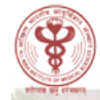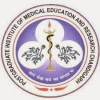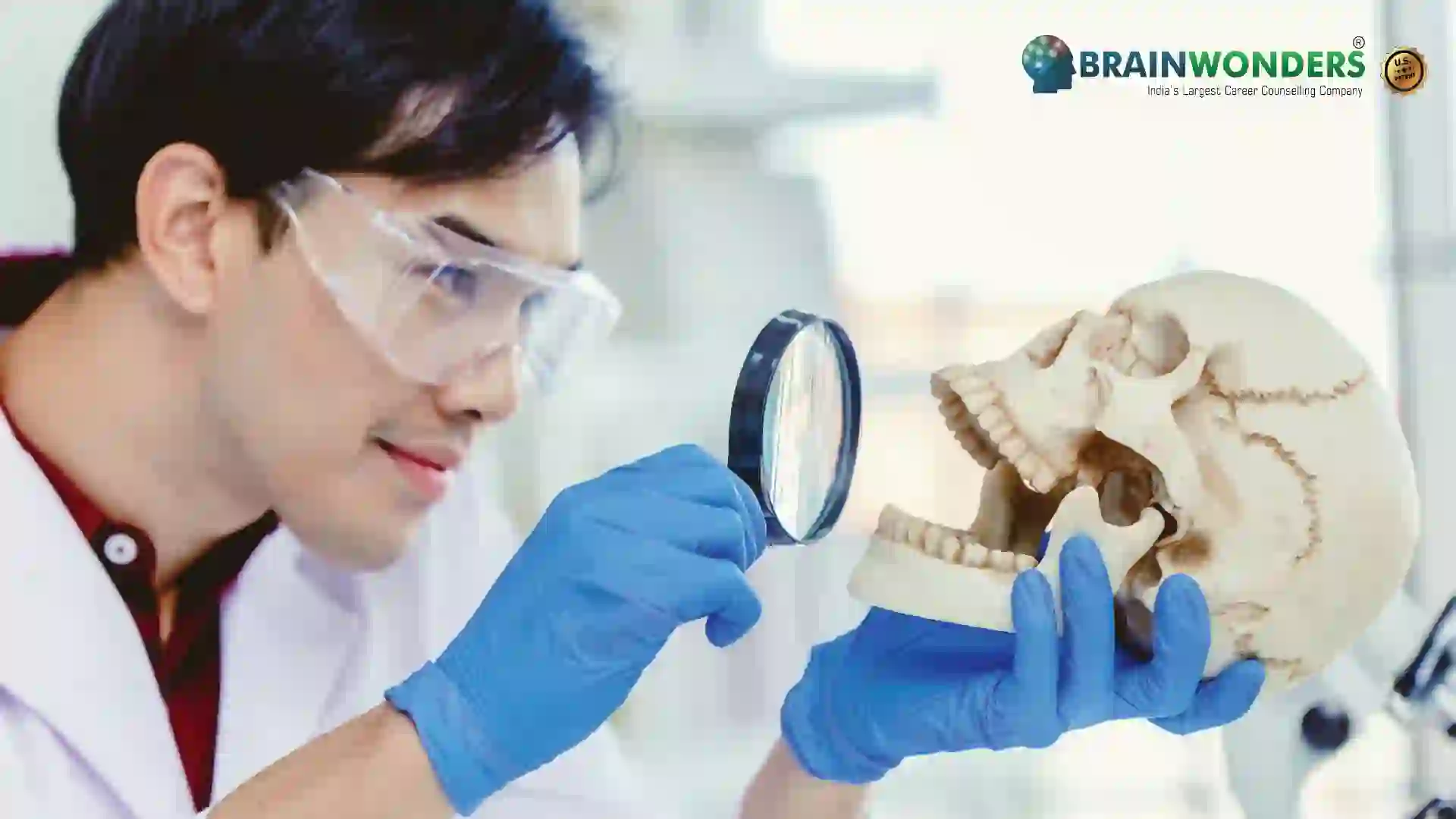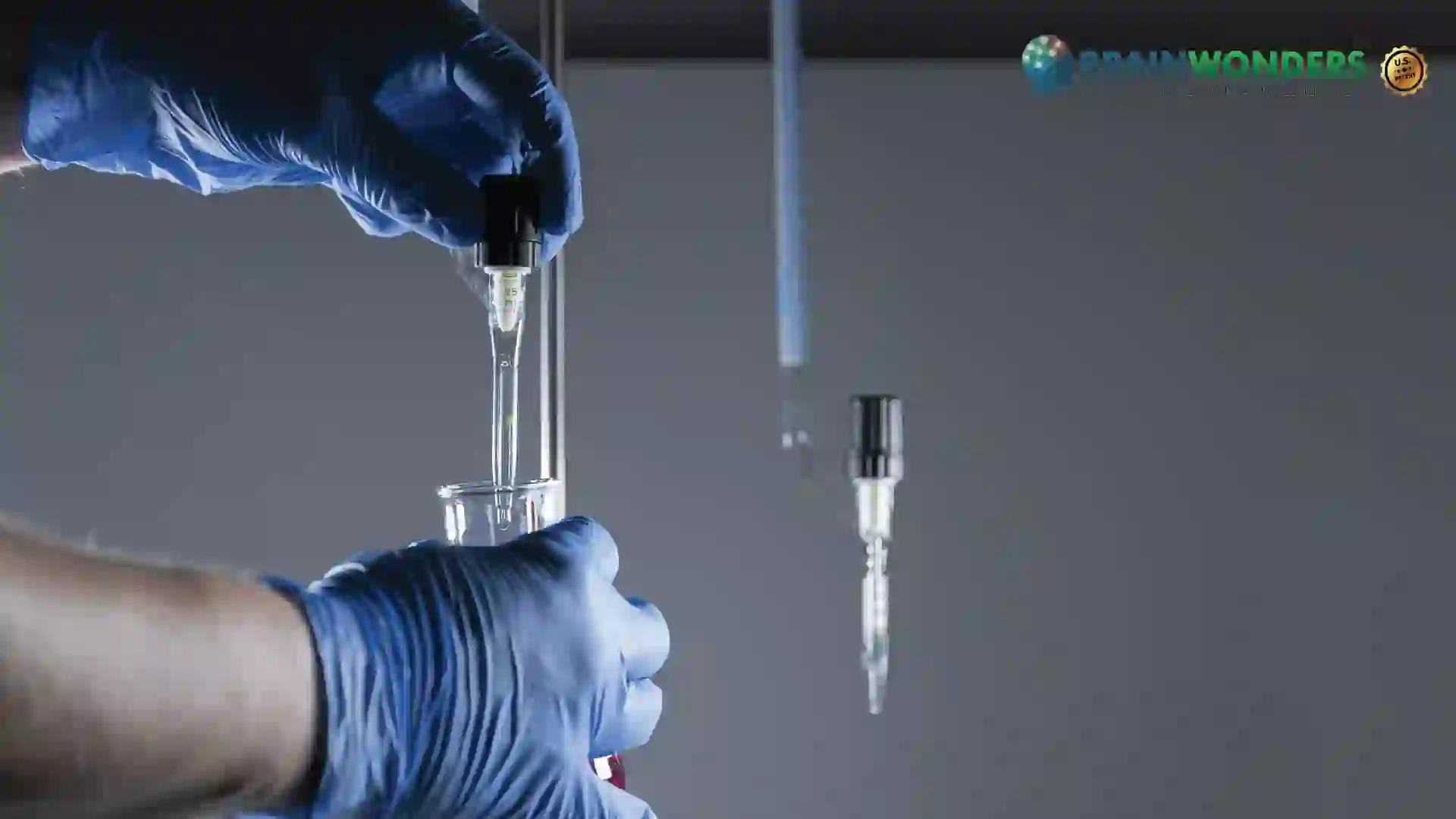How to become a Bacteriologist
Overview, Courses, Exam, Colleges, Pathways, Salary
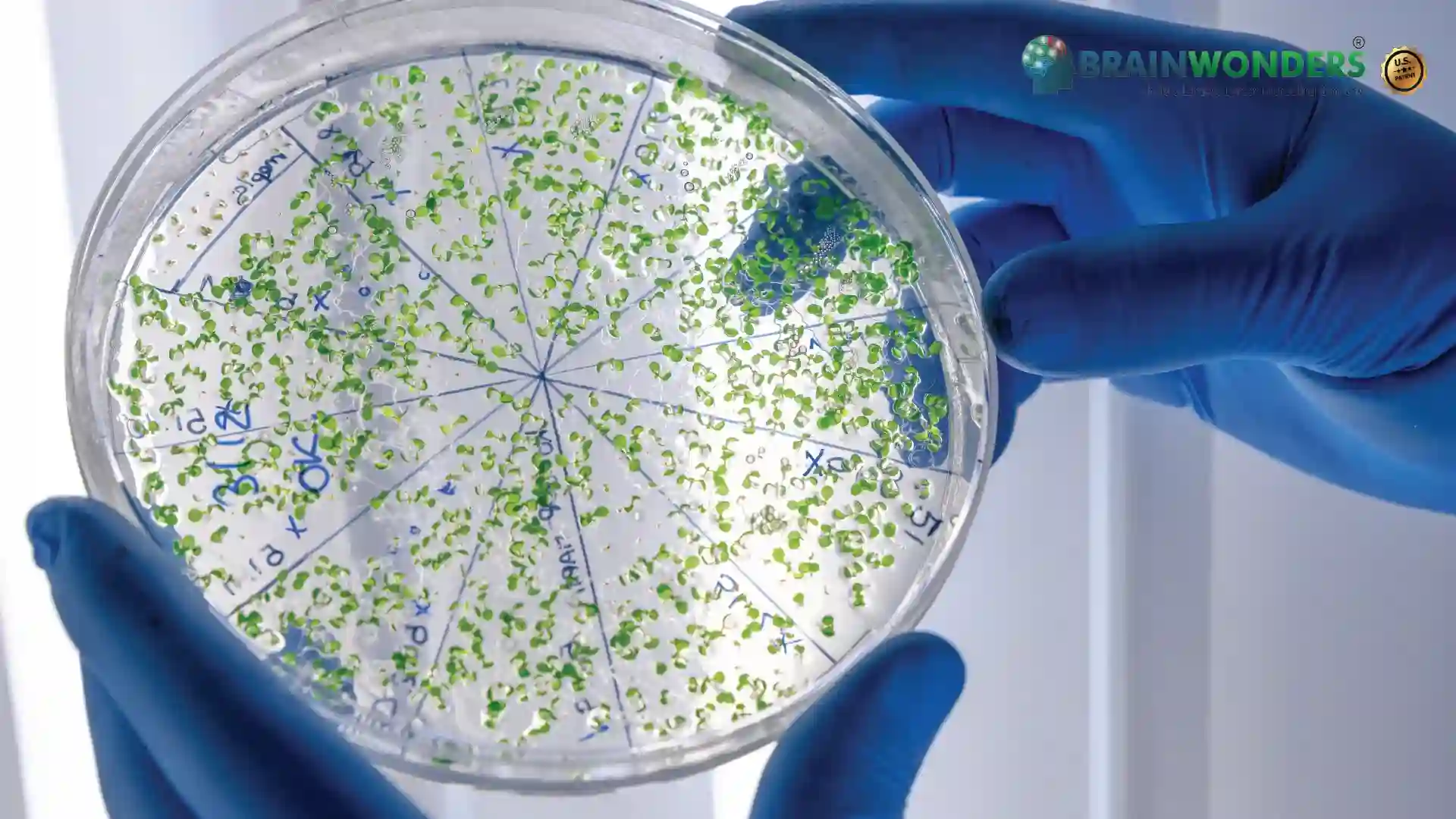
Overview
Who is Bacteriologist ?
Bacteriology is a part of biological science and microbiology that study of bacteria and their movements and evolution. Bacteriology studies microorganisms and their relationship with animals, humans, and plants. Bacteriologists check the microorganism’s ecology, metabolism and reproduction. Their work is to analyze, to recognize, and work in terms of experimenting on the areas associated with the bacteria found in the air, water, and land.
This particular field is a very specific branch of science wherein the study of morphology or even the genetic based understanding is done using those micro- organisms. They also consider the ecology based aspects, or the other environmental or seasonal causes that are behind the growth of those bacteria. They specialize in various sub-divisions such as in the areas pertaining to the identification, the characterization along with the classification of all the bacterial species present in various environments.
Typical day at work
What does Bacteriologist do?
- Gather samples, conduct tests, observe, and record data of the results using instruments and software over a period of time
- Find the influence of the drug on both the bacteria and the health of the animal
- Put an antibiotic in a bacterial culture to commence the study
- Successfully tested drugs then can be tested on infected animals
- Assess bacteria, toxins or contamination levels found in food
- Gather and dissect animal sample for contamination testing to assess pathogens and microbes levels
- Research on viruses, fungi, and parasites
- Diagnose and make treatment plans for diseases in human beings, animals, and plants
- Studies the bacteria growth, structure, development, and features to find influence on human, animal and plant health
- Detect and recognize microorganisms in bacteria cultures
- Research controlled bacterial cultures with its positive or negative influences on its environment or host
- Review literature and the findings of other researchers and attend conferences
- Prepare technical reports, publish research papers, and make recommendations based on their research findings
- Present research findings to co-workers and the public
- Review current scientific literature and journal articles to stay well-informed of scientific advancements
- Guarantee quality control of biological indicators
- Perform validation studies
- Maintain lab environment and safety equipment base on quality, health, and safety industry standards
- Make stains, culture media, solutions, and reagents
- Prepare samples using aseptic techniques
- Find techniques and best practices for research use and routine sampling
- Analyse test results and prepare reports for shareholders
- Preserve and grow microbial stock
- Screen, classify and help to control communicable diseases
- Develop and test new medicines and treatments for disease by using molecular biology techniques
- Investigate how micro-organisms produce antibodies, vaccines, hormones and other biotechnology products
- Control pollution and break down toxic substances by using micro-organisms
- Create ways to dispose of waste safely
- Tutoring, mentoring and supervising students.
Abilities and Aptitude needed
What are the skills, abilities & aptitude needed to become Bacteriologist?
Along with understanding how to operate and set up complex laboratory machinery, bacteriologist should value precision and be comfortable working with equipment which requires careful monitoring. They tend to be investigative, intellectual, introspective, and inquisitive individuals. They are curious, methodical, scientific, rational, and analytical. They must follow exact instructions so that the tests or procedures are performed correctly. They need to be skilled with their hands and work closely, safely, and effectively with needles, chemicals, and other laboratory instruments. They must also practice all standard safety procedures and quality control principles in the laboratory and understand and abide by legal and health care procedures. Bacteriologist should be able to effectively communicate, both verbally and in written, their research processes and findings.
They usually work in or lead a research teams and must be able to motivate and direct other team members, thus, interpersonal skills are necessary. Bacteriologist need to have observation skills and be detail oriented in order to conduct and monitor scientific experiments and analyses with accuracy and precision. This also requires bacteriologist to have perseverance as research involves trial and error, and they must not become discouraged in their work. They need to have logical reasoning, critical thinking, and problem-solving skills to find solutions to complex scientific problems and draw conclusions from experimental results through sound reasoning and judgment. They regularly use complex mathematical equations, statistics, and formulas in their work. Lastly, they must be able to manage time and prioritize tasks effectively while maintaining the quality of work. Apart from these aspects, the bacteriologists should also be good in various aspects and subjects, such as the subject biology and chemistry. It is quite evident that studying bacteriology require a strong affiliation towards biology and chemistry. They need to have thorough understanding in the biology and chemistry related fields.
Understanding about cell biology, microbiology, about the interaction between various environments to create various new kinds of bacteria, and understanding the chemical composition, the structural aspect and the various properties of various chemical processes that happen during the interaction between these organisms is quite important in this capacity. Apart from that, these individuals also need to be thorough in their knowledge related to mathematics and even computers.
Considering a lot of their work is happened on the microscope or using various other small machinery, it is very important that these professionals have thorough knowledge about the computer system along with other small machinery, and also having the knowledge about the mathematical aspects involved in it. Finally, these individuals are also supposed to have good understanding of the English language to be able to communicate (orally and in a written manner) thoroughly, eventually leading to doing the thorough research in their respective sub- fields.
Pathways
How to become an Bacteriologist?
Entrance Exam
Entrance Exam for Bacteriologist ?
Courses
Which course I can pursue?
Best Colleges
Which are the best colleges to attend to become an Bacteriologist?
Industries
Which Industries are open for Bacteriologist?
- Medical and Healthcare
- Pharmaceutical and Biotechnology
- Food and Beverage
- Research and Development
- Environmental Science and Ecology
- Public Health
- Agriculture and Crop Protection
- Water and Wastewater Treatment
- Veterinary Medicine
- Forensic Science.
internship
Are there internships available for Bacteriologist?
Yes, internships for aspiring bacteriologists are available in various industries and research institutions. These internships provide opportunities to gain practical laboratory experience, conduct research on bacteria, analyze samples, and contribute to scientific studies. Pharmaceutical companies, healthcare institutions, government agencies, and research organizations often offer bacteriology internships to foster skill development and knowledge acquisition.
Career outlook
What does the future look like for Bacteriologist?
A qualified bacteriologist can get employment in sectors like agriculture department, chemical industries, food and beverage industry, environmental agencies, research organizations, food processors, private hospitals, laboratories, universities, pharmaceutical industries to develop drugs and vaccines, and government bodies. Bacteriologist are required for diverse job profiles like research assistant, biomedical scientists, pharmacologist, clinical, industrial, environmental, marine, and veterinary bacteriologists.
They often work in 8- hours shifts; however the shifts may be flexible, usually in a laboratory set-up. Bacteriology is a strong field that requires a lot of research and active work regarding various sub- domains in the field of bacteriology. These individuals are supposed to be good in science based subjects, especially mathematics and chemistry. They should also be absolutely enthusiastic in reading comprehension skills to work well in their research oriented areas. Along with it, it is also suggested that they perform well in the writing skills or the ones related to communicating efficiently about the appropriate requirements and needs of the categorical audience.
Other than the aspects mentioned above, it is understood that these individuals are supposed to be good in their critical skills. They should be thorough with their analytical skills and reasoning based skills to make the correct analysis and judgement in the related areas. Another aspect that is considered appreciable in this aspect is the categorical flexibility including their ability to set various rules or make amends in various ways.
